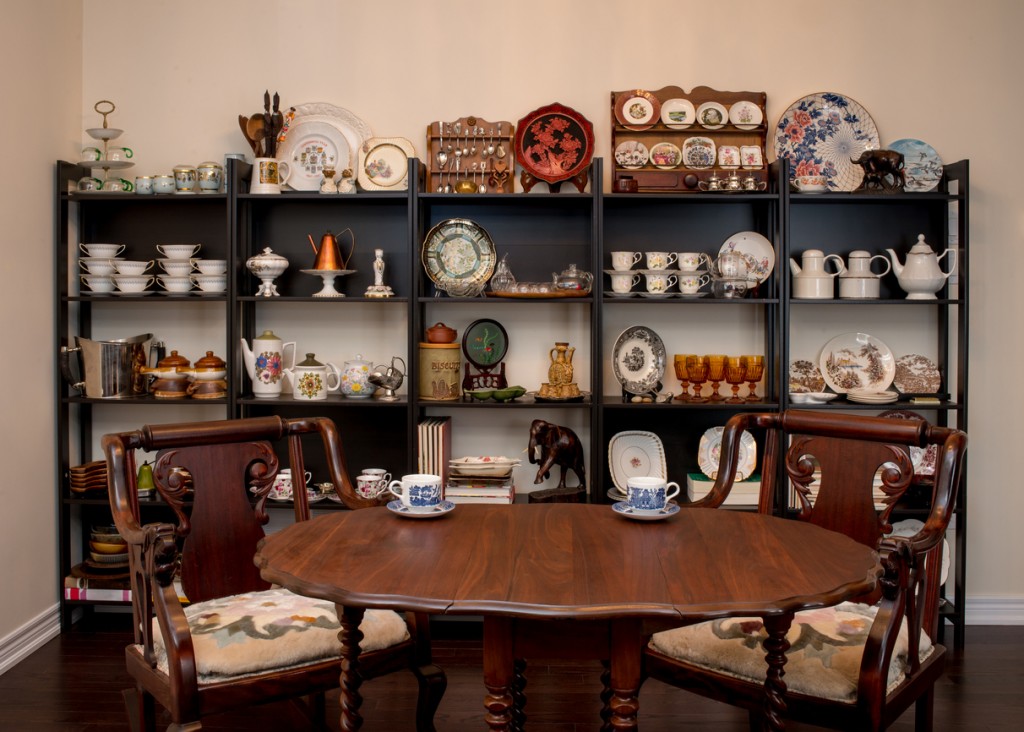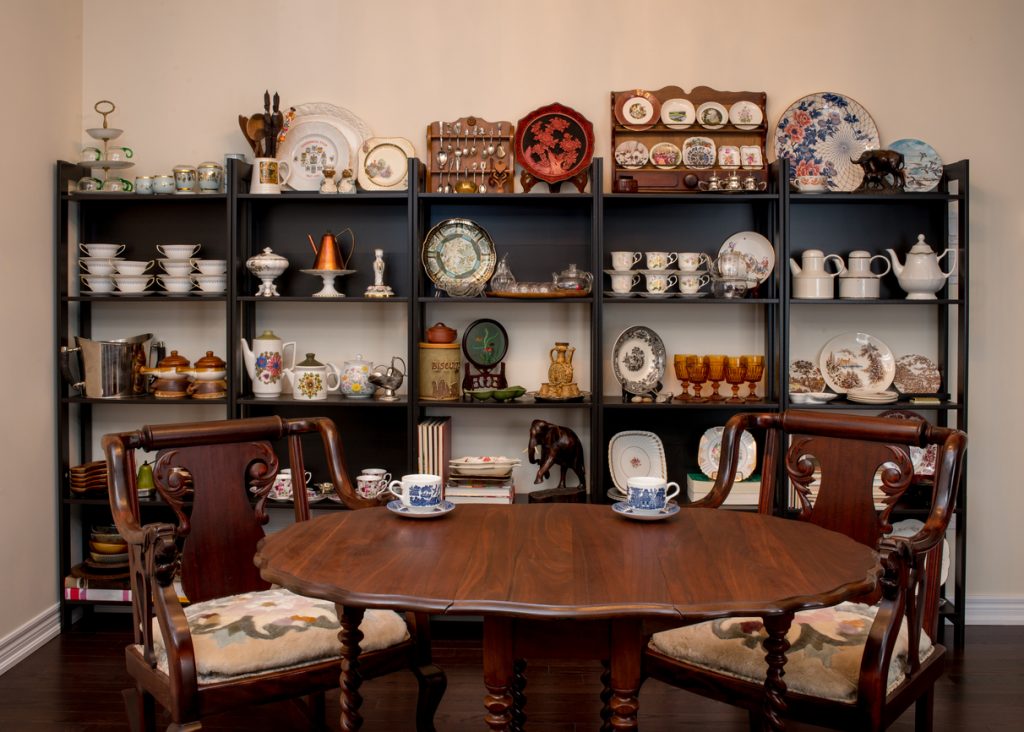Since 1997, millions have tuned in weekly to the PBS series Antiques Roadshow to see what treasures lie hidden in America’s attics, pawn shops, and yard sales. Here are some of the most valuable items the show has ever discovered.

A Navajo Blanket
A man walked into a 2001 Antiques Roadshow taping in Tucson, Arizona, with his family’s old blanket; it was handwoven with stripes of black, brown, blue, and white. He brought it in because family legend held that it had originally been a gift from the famed frontier scout Kit Carson. As it turns out, it’s a national treasure—a Navajo blanket from the 1850s that was specially made for a chief. Fewer than 50 still exist. “When you walked in with this,” appraiser Donald Ellis told the owner, “I just about died.” The blanket now hangs in the Detroit Institute of Arts. Estimated worth: about $400,000.
An Ancient Chinese Statue
The owner of this marble lion statue inherited it from her grandparents, who bought it in a curio shop on a vacation in China in the 1920s. It turned out to be, as Sotheby’s appraiser Lark Mason said in a 2002 episode, “one of the finest examples of Tang dynasty art that’s appeared in recent years.” It was carved sometime between A.D. 618 and 907 and is worth about $250,000.
A Gold Sword
Before the Medal of Honor was first awarded in 1862, the highest honor an American officer could receive was a dress, or ceremonial, sword made of solid gold. In 1848 General William O. Butler was awarded such a sword for his service in the Mexican-American War. It was passed down through the generations to the man who took it to an Antiques Roadshow taping in Charlotte, North Carolina, in 2002…where it was appraised for $200,000.
A Seymour Card Table
The owner of this mahogany table bought it at a garage sale for $25. While cleaning it, she noticed its delicate inlay work and became curious, so she brought it to Antiques Roadshow in 1997. Appraisers Leigh and Leslie Keno were dumbfounded to find a label on the back identifying it as the work of father-and-son master cabinetmakers John and Thomas Seymour, English émigrés to Boston in the late 18th century. Estimated at $300,000, the circa-1797 table later sold at auction for $500,000.









